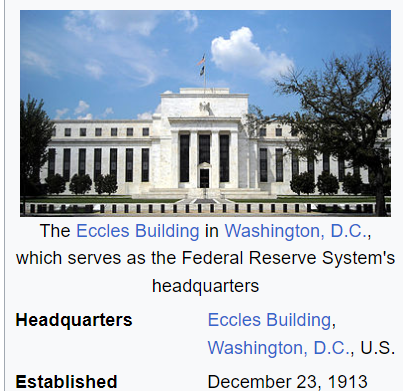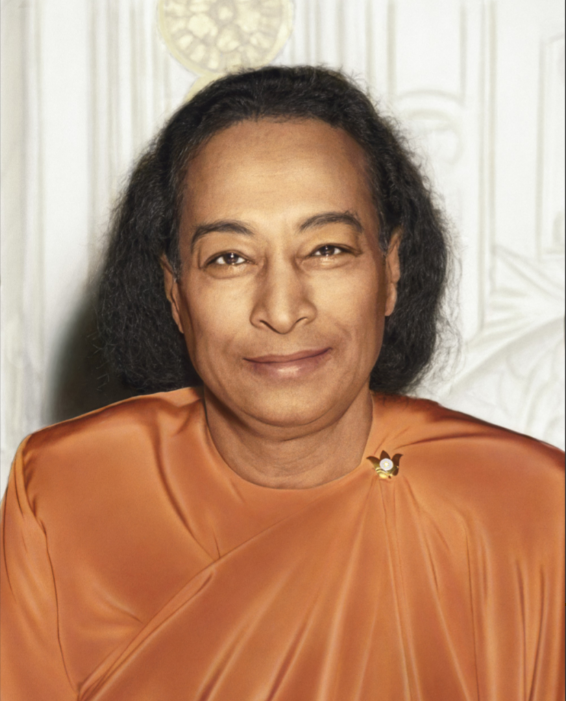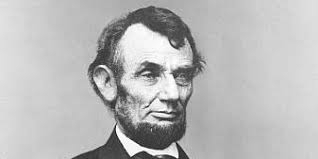You must be wondering what's the difference? Ask yourself how old is your church? That's one. The Second thing you ask yourself is are you loud or quiet when you worship at church. The third is do you even have a church? Some sects don't even have a church. The Jehovah's Witness doesn't even have a church (they say it's a gathering hall. lmao, it's a church).
Do you take communion every service, my church does, other sects don't. They do so only every 2nd or 3rd Sunday. Many sects eat lunch after every morning service, mine doesn't. There's just so many differences.
What version is your bible? If it's not King James Version, not the New, It has to be KJV, it's not even close to the actual bible. The other versions are just knock-offs from the Anglican/Episcopal Bibles. The KJV is a knock off from the Torah.
Do you take communion every service, my church does, other sects don't. They do so only every 2nd or 3rd Sunday. Many sects eat lunch after every morning service, mine doesn't. There's just so many differences.
What version is your bible? If it's not King James Version, not the New, It has to be KJV, it's not even close to the actual bible. The other versions are just knock-offs from the Anglican/Episcopal Bibles. The KJV is a knock off from the Torah.
You must be wondering what's the difference? Ask yourself how old is your church? That's one. The Second thing you ask yourself is are you loud or quiet when you worship at church. The third is do you even have a church? Some sects don't even have a church. The Jehovah's Witness doesn't even have a church (they say it's a gathering hall. lmao, it's a church).
Do you take communion every service, my church does, other sects don't. They do so only every 2nd or 3rd Sunday. Many sects eat lunch after every morning service, mine doesn't. There's just so many differences.
What version is your bible? If it's not King James Version, not the New, It has to be KJV, it's not even close to the actual bible. The other versions are just knock-offs from the Anglican/Episcopal Bibles. The KJV is a knock off from the Torah.
0 Comments
0 Shares
217 Views







